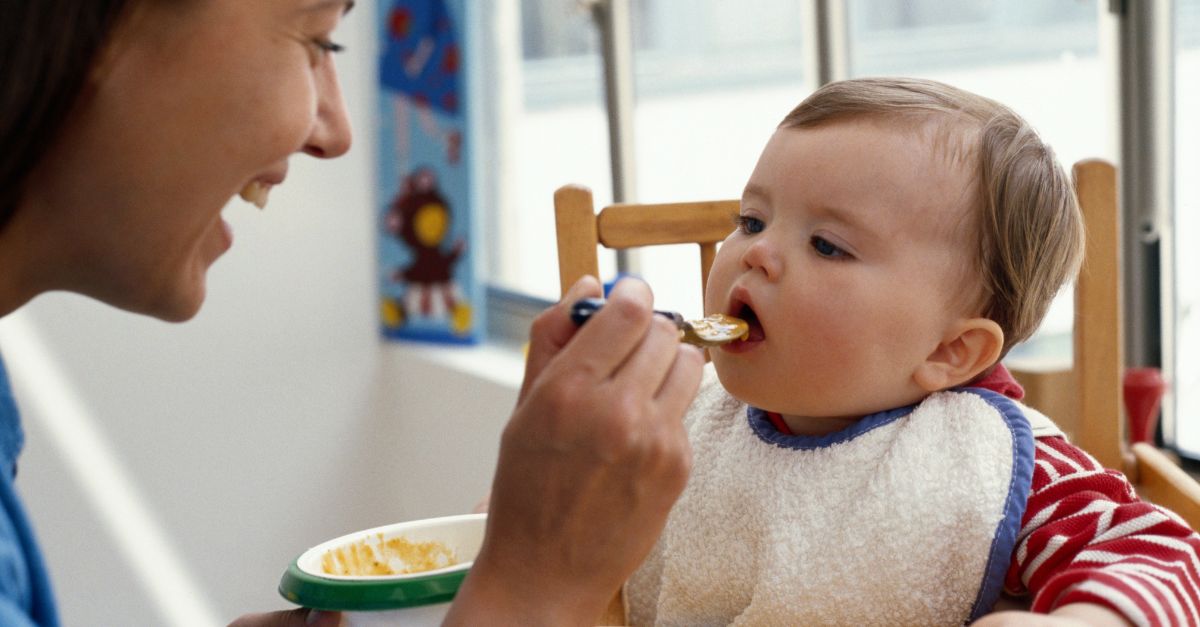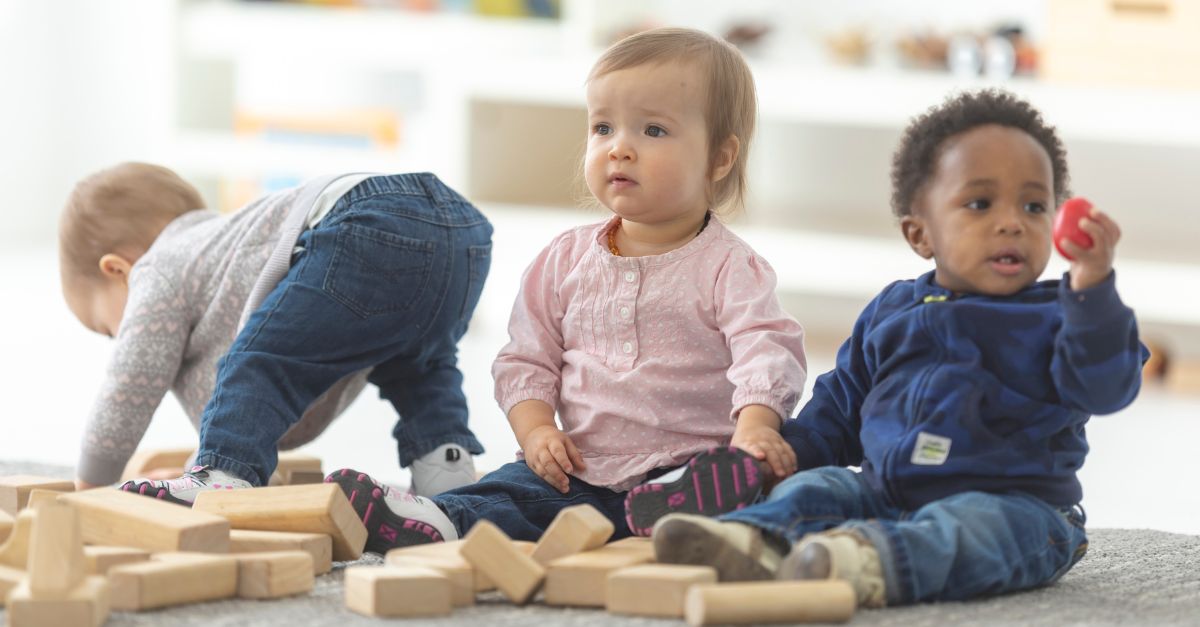Care routines like feeding, diapering, and preparing for nap time might seem like mundane tasks, but they are brimming with opportunities for connection, engagement, and learning. Far from being simple necessities, these routines help promote positive relationships, build a child's self-confidence, support emotional security, and nurture cognitive and social development. By approaching these moments with intentionality, educators can turn everyday tasks into powerful learning experiences and bonding moments.

Feeding: Building Bonds and Language Skills
Feeding time is about more than just nutrition. It's a key opportunity to foster trust and emotional connection between caregiver and child. Routines, like feeding, are powerful tools for supporting children's sense of belonging and building their language skills.
- Engage in meaningful interactions: Make eye contact, smile, and talk to the infant. Narrate the feeding process by naming foods or describing textures and tastes. This not only strengthens the bond, but also enriches vocabulary and language comprehension.
- Follow the infant's cues: Responding to an infant's hunger signals, likes, and dislikes helps them feel understood and valued, fostering emotional security.
- Incorporate problem-solving and choice-making: As infants grow, involve them in feeding routines. For example, let toddlers choose between two food options or hold their spoon, helping them develop autonomy and decision-making skills.
These small, consistent actions build a child's confidence and sense of agency.

Diapering: Moments of Connection and Comfort
Diapering, while routine, is a time of close physical contact and focused attention, making it a prime opportunity for bonding and learning. Routines like diapering can be an invaluable time for fostering emotional connections and creating a sense of security.
- Narrate your actions: Explain each step of the process ("I'm lifting your legs to change your diaper now"). This helps infants understand sequencing, builds their cognitive skills and establishes an understanding of consent when it comes to their body.
- Incorporate sensory experiences: Gently massage their legs or use soft, soothing tones. These actions enhance physical comfort and provide sensory stimulation, essential for early brain development.
- Encourage participation: As infants grow, encourage them to hold a clean diaper or narrate the next step with you. These small tasks promote independence and self-help skills.
By treating diapering as a moment of intentional care, educators can transform this routine into a nurturing experience that supports both emotional and cognitive growth.

Nap Preparation: Fostering Emotional Security
Transitioning to nap time is a critical moment for infants to develop self-regulation and a sense of security. Consistency and intentionality in routines creates a safe and predictable environment for infants.
- Create a calming ritual: Use consistent cues such as feeding, dimming the lights, singing a lullaby, or reading a short story. These predictable steps signal to the infant that it's time to rest.
- Provide reassurance: Some infants may feel anxious during nap transitions. Offer comforting words/sounds or a soothing touch to help them relax.
- Encourage self-soothing: When developmentally appropriate (typically not until at least 4-6 months), gradually allow the infant to soothe themselves to sleep. These self-soothing acts can look like holding their hands together, rocking their body, hugging a toy, using a pacifier, and so on. Self-soothing can support infants in fostering independence and self-regulation.
When nap routines are thoughtfully designed, they not only support healthy sleep habits but also promote emotional well-being and resilience.

Why Routines Matter
Routines are not just about managing the day's logistics; they are vital for a child's development. Routines support learning by:
- Building cognitive and problem-solving skills
- Supporting language skills and vocabulary
- Strengthening relationships and emotional security
- Encouraging independence and autonomy
- Supporting positive relationships and a strong sense of identity and belonging
The recurring nature of routines helps infants feel safe and confident, providing a foundation for exploring the world and learning new skills.

Practical Strategies for Educators to Enhance Learning During Care Routines
Care routines offer valuable moments for skill-building and relationship development. Educators can make the most of these opportunities by:
- Partnering with Families: Engage in open conversations with families to understand how routines are managed at home. Incorporate these insights into the classroom to provide continuity and support each infant's unique needs. This collaborative approach fosters trust and strengthens the home-school connection.
- Creating an Inclusive Environment: Adapt routines to meet the needs of all infants. For those from culturally or linguistically diverse backgrounds, involve families or bilingual staff to ensure routines feel familiar and supportive. For infants with additional needs, work with allied health professionals to tailor processes that promote inclusion and accessibility.
Everyday care routines are far more than practical necessities; they are the heart of early childhood education. By approaching these moments with care, thoughtfulness, and intentionality, educators can create a rich tapestry of learning opportunities that support infant's emotional, social, and cognitive development. Whether it's through a shared smile during feeding, a playful interaction during diapering, or a soothing transition to nap time, these routines lay the foundation for a lifetime of growth, connection, and discovery.